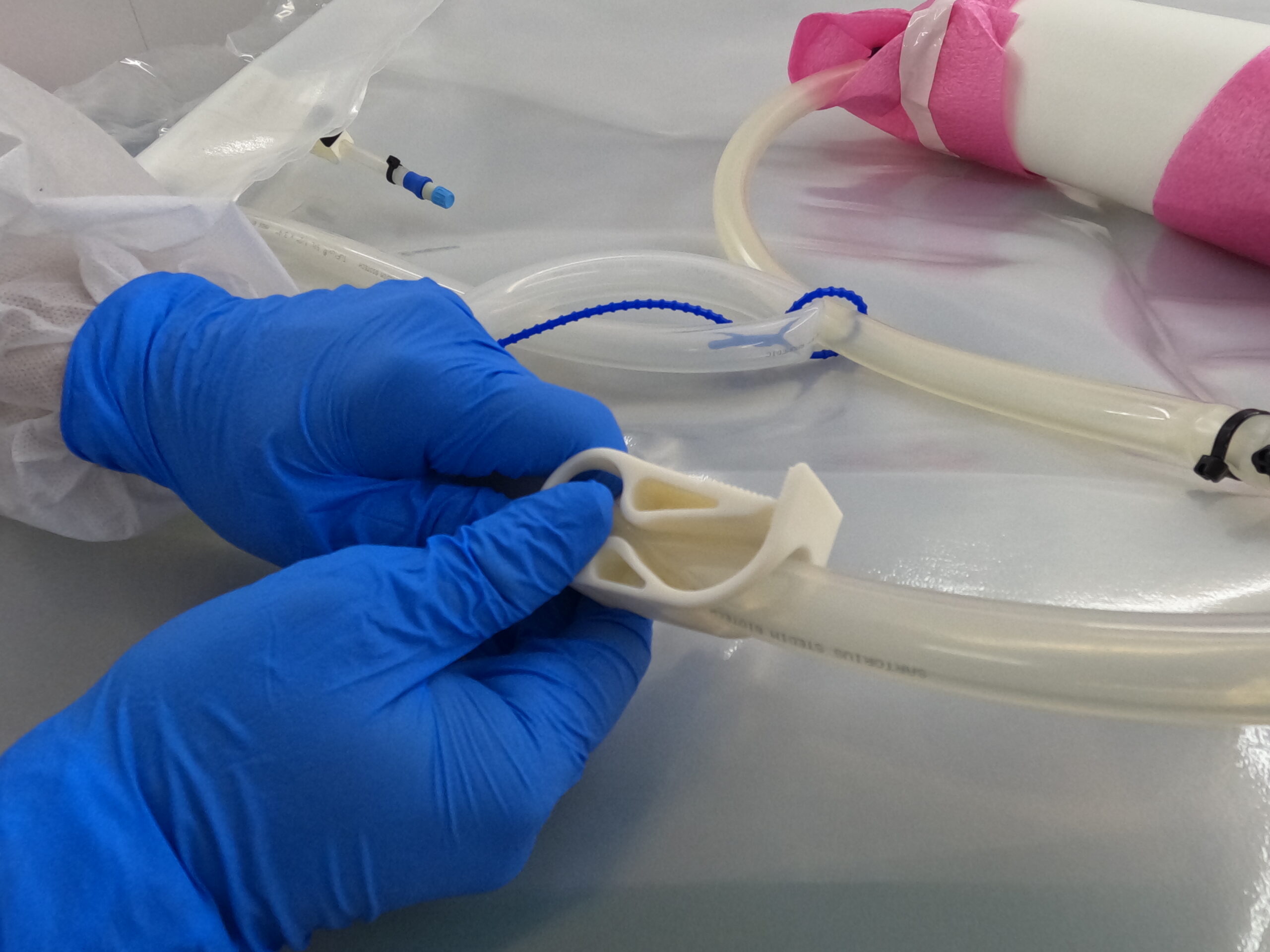posted by Phill Allen
June, 16th, 2014
Company News Pharmaceutical Industry News
 Fintan Walton, chief executive of PharmaVentures, has suggested that the continued consolidation of biopharmaceutical companies could impact on the potency of future drugs developments.
Fintan Walton, chief executive of PharmaVentures, has suggested that the continued consolidation of biopharmaceutical companies could impact on the potency of future drugs developments.
Mr Walton’s comments came in the wake of Pfizer’s recent efforts to acquire AstraZeneca. The issue quickly became a political football in the UK, with concerned MPs calling for guarantees that any takeover would not impact on domestic jobs.
Mr Walton, however, said the debate now needed to focus on the role of biopharmaceutical companies in developing new medicines.
Writing in a PharmaVentures editorial, he explained: “The recent debate and discussions in the UK media on the attempted bid by Pfizer for AstraZeneca (AZ) have largely revolved around the short term impact on jobs in the UK as well as the rights of shareholders and how corporations exploit tax loopholes.”
“In the end the real question is how we as a society can actually find the drugs that are desperately needed for many incurable diseases? The Pfizer bid for AZ is only a symptom [no pun intended] of the continuous reconfiguring and restructuring of how pharmaceutical R&D can be performed so that we can efficiently find these cures.”
Mr Walton underscored the need for the biopharmaceutical industry to become more effective vehicles for research and development.
“There is an inherent risk in taking a drug through clinical trials and less than 10% of drugs entering human clinical trials will make it to the patient. So how can companies reduce this risk and increase the chances of success?”
“Pharmaceutical companies have been grappling with the ‘how’ for the past two decades. Furthermore, in recent years the landscape has been changing, for example, the regulatory hurdles, quite correctly, have been raised so the chances of finding the ‘right’ drug are lower and so more difficult.”
“Both the pricing and reimbursement (P&R) of drugs place additional hurdles and additional risk on whether a drug actually gets to the patient.”
The changed landscape, added Mr Walton, meant that pharmaceutical companies now had to “rethink” how they carry out their research.
He explained: “The concept of large companies doing all their own drug research has been on the wane for years. Great ideas cannot emerge in one place, they happen everywhere and there is evidence that smaller R&D groups are more productive than larger ones.”
As a result, pharmaceutical companies were now “more dependent” on external R&D provided by universities, charities and venture-capital-backed biotechnology companies.
“Moreover, pharma companies have been refocusing their efforts to a smaller group of therapeutic areas with the greatest unmet clinical need. For the past five years all major pharmaceutical companies have been reducing their internal R&D efforts and this, by the way, independent of the world economy.”
US drugs giant Pfizer withdrew its £55 a share takeover bid for AtraZeneca earlier in May following fierce resistance from the UK pharmaceutical firm.
Related reading:
TAGS:
AstraZeneca, Biopharmaceutical, Pfizer,
SHARE:
Author
Phill Allen
Managing Director
Phill is an innovative thinker particularly in fluid management. His expertise lies in ensuring the seamless flow of pharmaceutical liquid logistics, whether it's optimising current processes or pioneering new approaches.




